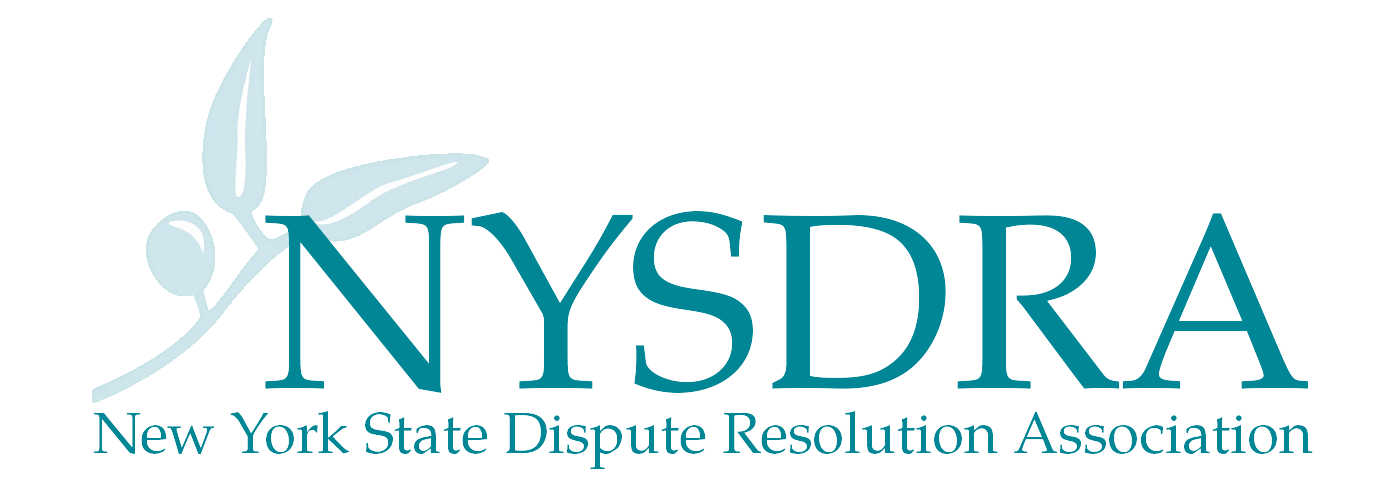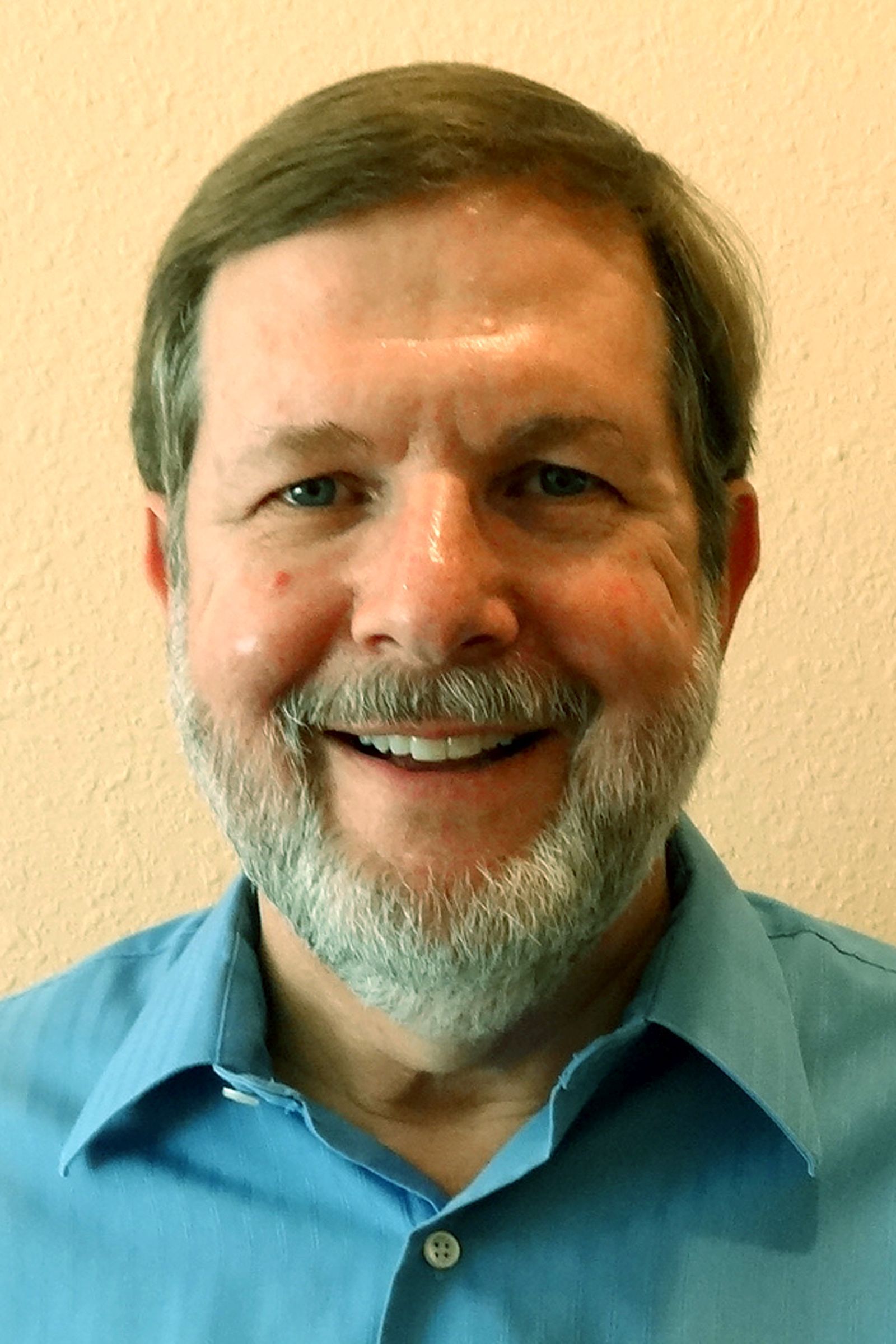Beyond "Facilitative" and "Evaluative": AI-Enhanced Mediation in 2025
For decades, mediators and scholars have criticized the terms “facilitative” and “evaluative.” Len Riskin originally developed these terms to clarify mediator roles, but fewer than ten years later, he critiqued them as being ambiguous, misleading, and often unhelpful.
So, I find it fitting that this presentation on moving beyond these worn-out terms will follow Len’s keynote address.
While AI tools like ChatGPT cannot solve our language problems, they can certainly help. This session will demonstrate how AI can support practitioners and educators in examining the ways language shapes mediation concepts and practice. Together, we’ll explore how to describe mediation based on what actually happens in the room—moving beyond abstract models and stale jargon to reflect the lived experience of conflict resolution
We will also explore how AI tools might be used in classrooms, including with students in middle school, high school, and higher education. With the rise of generative AI in schools, this session invites educators to consider how AI can help students develop critical thinking, practice-oriented language, and more realistic expectations about conflict resolution.
This session invites participants to reimagine how we talk about, teach, and actually do mediation.
About John Lande
John Lande is the Isidor Loeb Professor Emeritus at the University of Missouri School of Law and former director of its LLM Program in Dispute Resolution. He earned his J.D. from Hastings College of Law and Ph.D in sociology from the University of Wisconsin-Madison. He began practicing law and mediation in California in 1980.
The American Bar Association published his books, Lawyering with Planned Early Negotiation: How You Can Get Good Results for Clients and Make Money and Litigation Interest and Risk Assessment: Help Your Clients Make Good Litigation Decisions (with Michaela Keet and Heather Heavin). He developed the Real Practice Systems Project to help practitioners, scholars, and students better understand the realities of dispute resolution practice. The annotated bibliography for this Project includes many short articles as well as some law review articles explaining the theory.
He has received many awards for his scholarship, including the American Bar Association Section of Dispute Resolution’s award for outstanding scholarly work. He writes for the Indisputably.org blog. His website is www.law.missouri.edu/lande.

